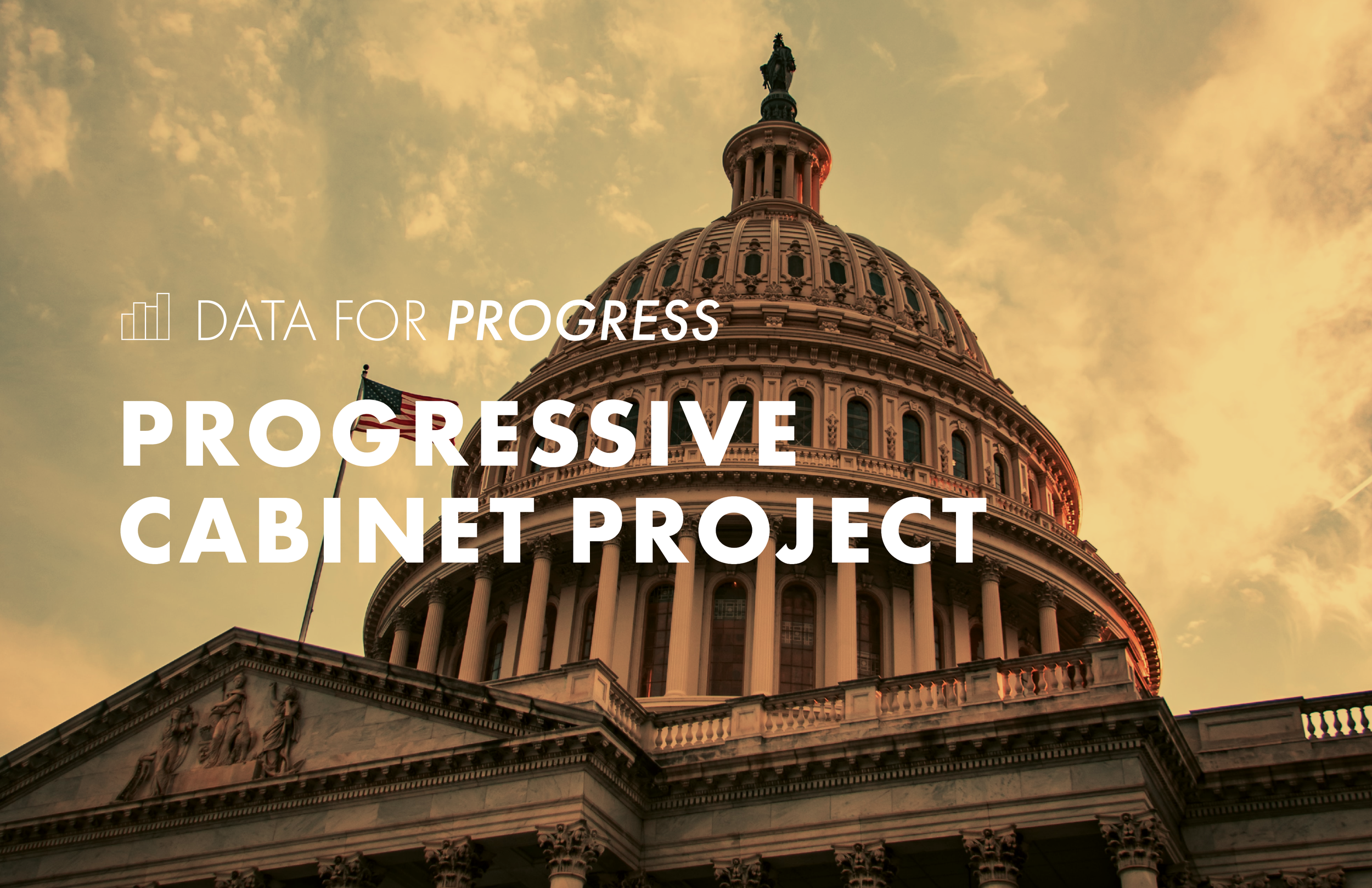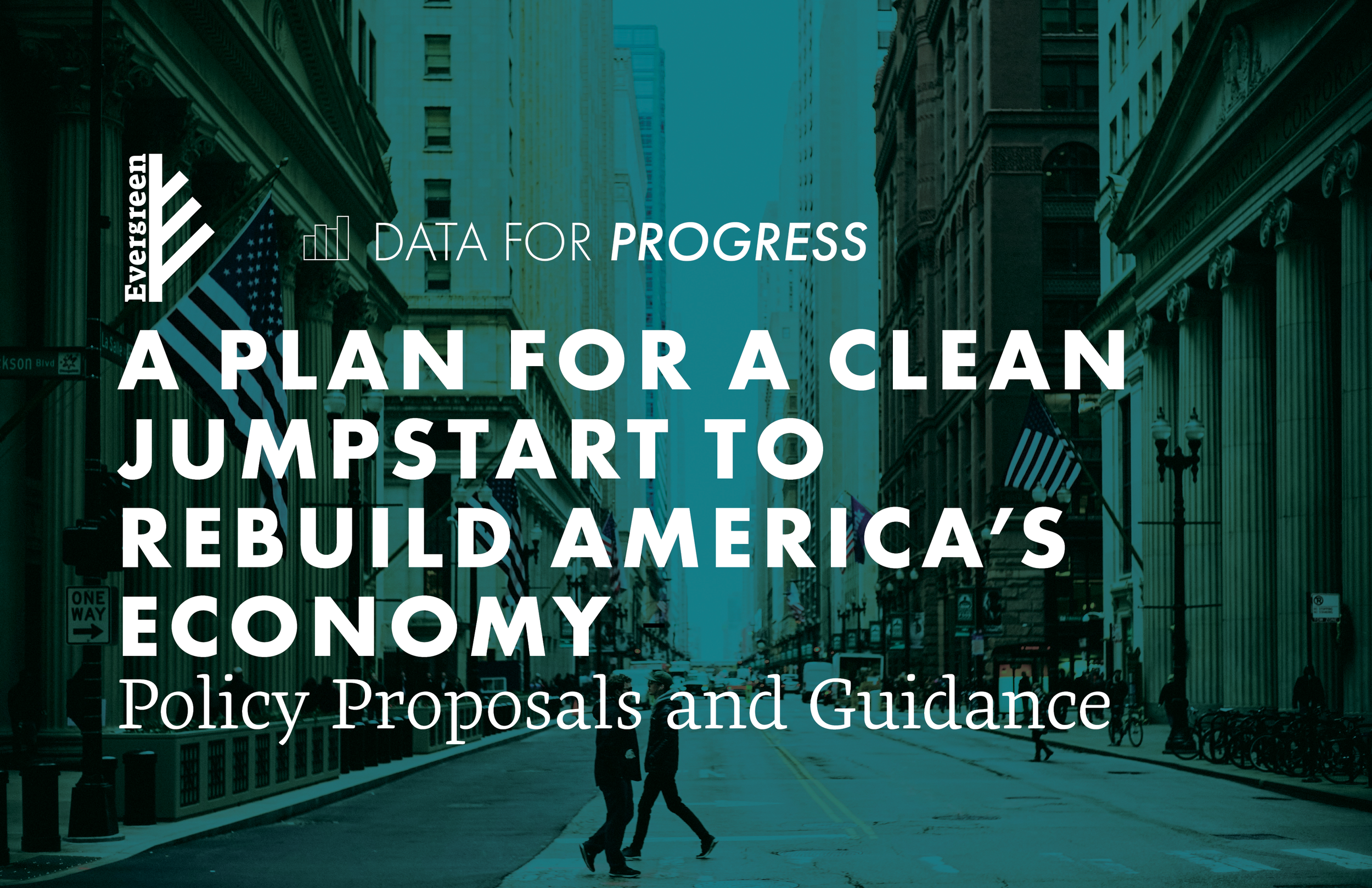Memo: The Missing Medicaid Millions
By
Jake Haselswerdt, Data for Progress Fellow and Assistant Professor, University of Missouri;
Michael Sances, Assistant Professor, Temple University;
Sean McElwee, Executive Director, Data for Progress
Executive Summary
The Affordable Care Act allowed Americans earning up to 138 percent of the federal poverty line to apply for Medicaid. This has benefited millions of Americans and driven historic reductions in the uninsured rate, but thirteen states continue to refuse to implement Medicaid expansion. This leaves millions of Americans in the coverage gap: too poor to afford private insurance, but unable to qualify for traditional Medicaid because they don’t belong to specific groups (such as people with disabilities) that are categorically eligible.
Drawing on a range of recent research, we argue that Medicaid expansion is both sound policy and good politics. A number of recent studies suggest that implementing Medicaid expansion leads to increases in political participation.
We extrapolate from these studies to predict how much participation would increase if all non-expansion states were to accept Medicaid expansion. We find that as many as 1.3 million more Americans would vote under universal Medicaid expansion, and voter registration would increase by tens or possibly hundreds of thousands. These findings suggest that Medicaid expansion is a winning issue for both the present and the future.





